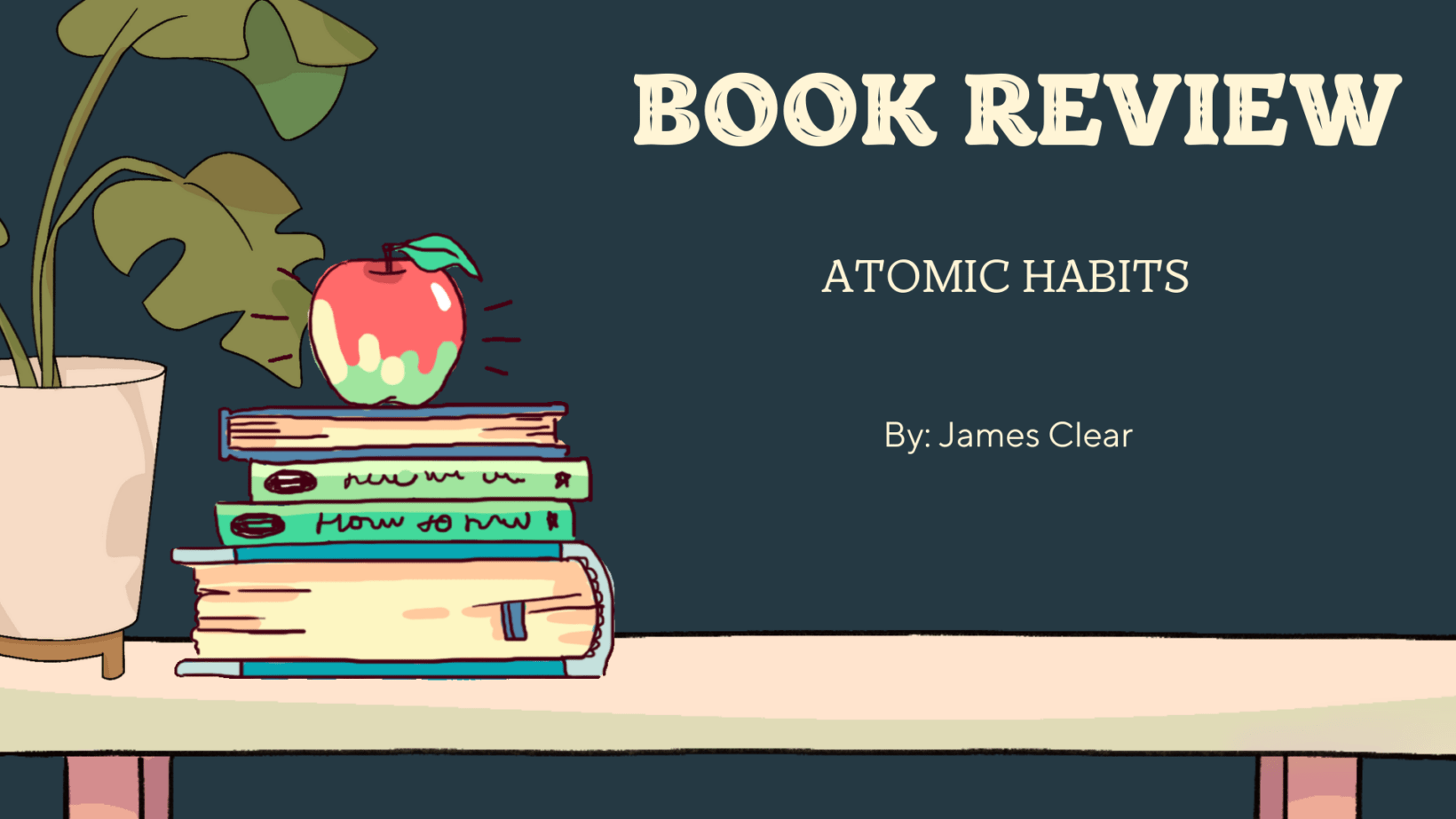Every company is trying to build processes with predictable outcomes. Every company is trying to automate as much as possible routine operations. Why? There are multiple reasons, for sure. But one of the most obvious ones is – to save time and resources for innovation and expanding a business.
Habits play the same role in human life as processes and mechanisms play in a life of a company. We have a limited amount of mental energy, our attention span is short and we are distracted easily. All of us need a system that will efficiently maintain daily routines and help us move forward without visible conscious effort. It is not possible to focus and progress in ten different things simultaneously.
The cornerstone of such system is habits. There are two types of habits – those that make us better and efficient every day and those that hurt and degrade us with time. Let’s call them efficient and inefficient for simplicity. Why does it matter? A simple mathematical equation below gives the answer.
0.99^365 = 0.0255
1.01^365 = 37.783
Do 1% less every day for a year and you will degrade significantly. Do 1% more every day for a year and you will thrive. Progressive overload is a great example.
However, it is difficult to adopt new efficient habits and get rid of inefficient ones. I believe everyone had experience this challenge in some point of time. This is where the book Atomic Habits by James Clear comes to help. It provides exceptionally clear recommendations how to implement habits and break them. The book gives The 4 Laws:
- The 1st Law: Make It Obvious
- The 2nd Law: Make It Attractive
- The 3rd Law: Make It Easy
- The 4th Law: Make It Satisfying
How to create a good habit

It looks very easy and straightforward but I know from my personal experience that it is way more difficult to implement in reality. A couple of years ago I have read another excellent book – Pragmatic Thinking by Andy Hunt. I have implemented some of them and they stuck with me while others were abandoned over time. Now I understand why and how to fix it.
Somebody may ask, well, I have my goals. Isn’t it enough? I would like to quote the view of the author:
The purpose of setting goals is to win the game. The purpose of building systems is to continue playing the game. True long-term thinking is goal-less thinking. It’s not about any single accomplishment. It is about the cycle of endless refinement and continuous improvement. Ultimately, it is your commitment to the process that will determine your progress.
Clear, James. Atomic Habits (p. 27). Random House. Kindle Edition.
Overall, I highly recommend Atomic Habits book to everyone.
